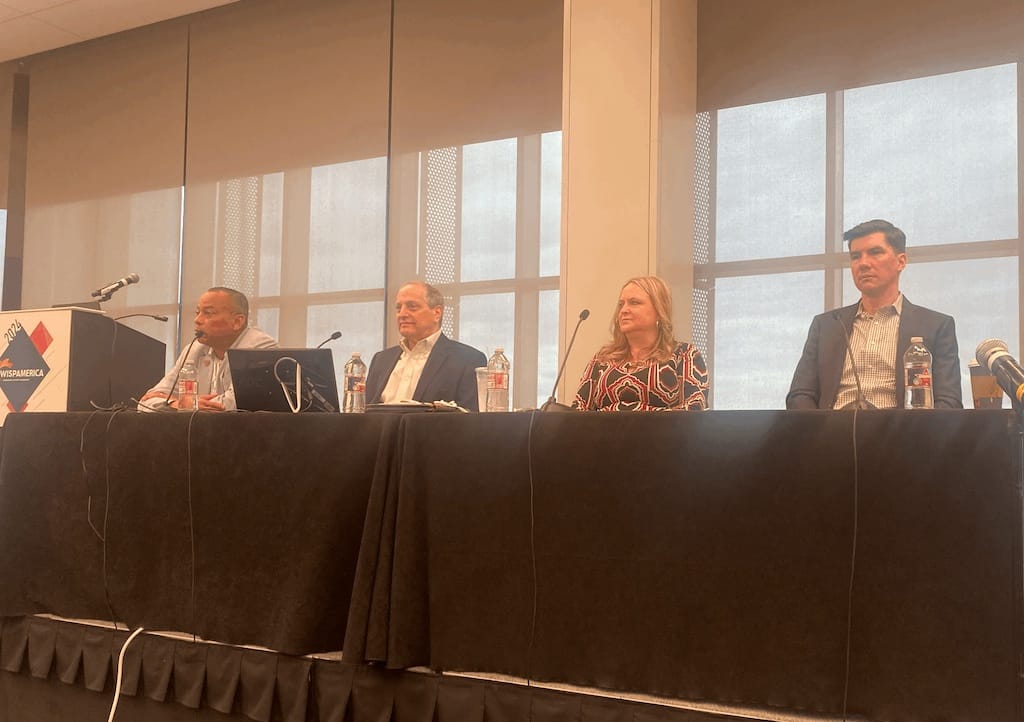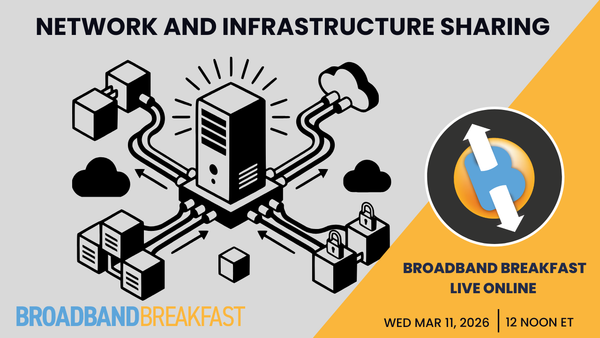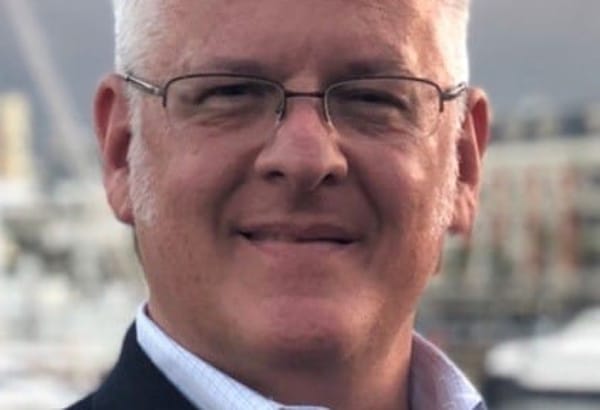Panel Bashes Net Neutrality Potential Impact On ISPs
At WISPAmerica, wireless ISPs decried impact of the Federal Communications Commission rules.
Corey Walker

OKLAHOMA CITY, March 8, 2024 – Reinstating net neutrality rules could burden internet service providers with overregulation, a panel of broadband service providers and experts said on Thursday.
Elizabeth Bowles, CEO of fixed wireless provider Aristotle Unified Communications, Claude Aiken, Chief Strategy Officer of fixed wireless and fiber provider Nextlink Internet, Louis Peraertz, Vice President of Policy at WISPA, and Steve Coran, broadband attorney for Lerman Senter lamented potential new net neutrality regulations from the Federal Communications Commission.

Bowles acknowledged that some providers in the past engaged in throttling, but argued that reimposing net neutrality rules is not the answer.
Many states would likely rebel against “hardcore net neutrality” regulations, she said. Bowles argued that conservative states are more likely to “push back” against government overreach on internet regulation, she said, speaking from her personal experience in Arkansas.
Bowles said that she believes leaving decisions regarding net neutrality to the states is not a good idea because “a piecemeal enforcement is really no enforcement.” She also said there were stark cybersecurity inequalities between states.
Aiken of NextLink agreed, saying that state level regulations on net neutrality would prove ineffective due to the international nature of the internet. Whatever rules are put in place on the topic should be administered through the federal government, he argued.
“We may see some states that decide to adopt their own regulations, in addition to or in lieu of FCC action on this.” Aiken said.
Aiken argued, “a patchwork of regulation could introduce either headwinds for further internet deployment or actually result in folks not getting the types of protections that they need.”
Both Bowles and Aiken argued that reimplementing net neutrality would likely overburden internet service providers. Aiken added that he found it “frustrating” that service providers that have traditionally helped rural areas gain internet access are being pummeled with a barrage of regulation.













Member discussion